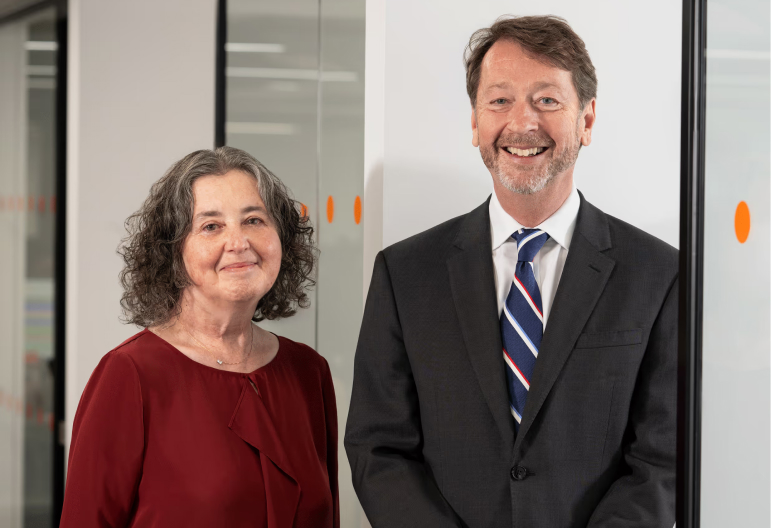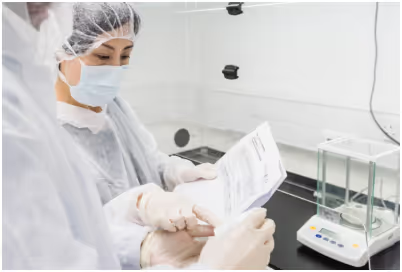As demand for our QTc studies grows, we recently introduced new Holter and Telemetry equipment to enhance this crucial new service.When evaluating new medicines during early phase clinical trials, it is crucial that the impact on the cardiovascular system is monitored continuously. Furthermore, the demand for QTc studies has increased due to undesired side-effects of medicines that prolong cardiac repolarization such as pimozide, thioridazine and cisapride.Ambulatory Holter monitoring as well as continuous Telemetry ECG monitoring are the two new services that we provide at Richmond complementing our QTc Study set up.Our Holter monitors allow the recording of ambulatory ECGs over a continuous period up to 48 hours, whilst not disturbing the normal daily routine of our volunteers. In addition, using our Telemetry system, volunteers are monitored 24 hours a day, 7 days a week whilst in the research unit.Having a dedicated team of Research Physicians who, in conjunction with Cardiologists from the St George's Hospital Medical School, constantly monitor the volunteers enables immediate access to volunteer information and helping to speed analysis and any necessary action.At Richmond Pharmacology we are dedicated to the well being and safety of volunteers. We continue to make every effort acquiring the latest technology to provide our clients with excellent clinical trial services.
Latest news
Leadership Spotlight- Head of Acute Clinical Management
February 20, 2026
In this edition, we spotlight Carolina Pacheco de Amorim, who leads Acute Clinical Management (ACM)
Read moreEvents
Clinical Trials Innovation Programme
10 - 11 February 2026
Richmond Pharmacology is pleased to attend the Clinical Trials Innovation Programme Conference in Nice, France, 10–11 February 2026.
View event














.avif)
